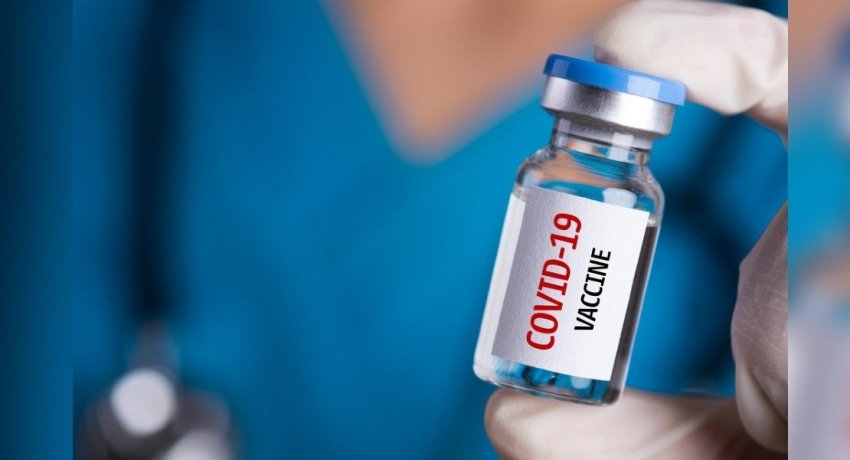Arthritis drug does NOT increase survival rates for severe COVID-19 — Study
An arthritis drug does not significantly increase a severe COVID-19 patient’s chance of survival, a new study finds. Researchers at 39 U.S. and European hospitals investigated the drug, called canakinumab, and found a difference of just three percent in rates of survival without a ventilator between those patients who were and weren’t treated with the […]

Vaccine
An arthritis drug does not significantly increase a severe COVID-19 patient’s chance of survival, a new study finds.
Researchers at 39 U.S. and European hospitals investigated the drug, called canakinumab, and found a difference of just three percent in rates of survival without a ventilator between those patients who were and weren’t treated with the medication.
Overall survival and recovery rates were also similar between those patients who did and didn’t receive canakinumab.
The drug is a type of monoclonal antibody – it relies on synthetically made immune system particles.
While some monoclonal antibodies have been useful in treating COVID-19 patients, not all treatments are successful, and the team says more research is needed in this area.
As researchers have sought to find treatments that help save Covid patients’ lives, one common strategy has been repurposing drugs used against other diseases.
For example, the antiviral drug remdesivir was first developed to treat hepatitis C. It’s now one of the most-used treatments for hospitalized Covid treatments.
The Food and Drug Administration (FDA) has given Emergency Use Authorization to several monoclonal antibody treatments that target Covid.
Researchers are now investigating other, similar treatments – including canakinumab, a monoclonal antibody treatment commonly used to treat a childhood arthritis condition.
The researchers tested this arthritis drug through a randomized, double-blind, placebo control trial – meaning that patients were randomly assigned to receive the drug or a placebo without knowing which they got.
Within that first month, patients in the drug and placebo groups had similar chances of survival.
By the end of the study month, 80 patients in the canakinumab group (35.2 percent) had no evidence of infection – the same was true for 68 patients of the placebo group (30.4 percent). Similar numbers of both groups went home from the hospital.
The researchers concluded that this monoclonal antibody didn’t significantly improve patients’ chances of survival.
Why did this trial not find that canakinumab helped Covid patients when other monoclonal antibodies have received FDA approval?
It’s possible that other treatments the patients received may have interfered with results.
Additionally, experts at the National Institutes of Health recommend that, if a patient is to receive monoclonal antibody treatment, it should start as soon as that patient tests positive for Covid.
In future research on monoclonal antibody treatments, more rigidly standardized trials may help researchers see conclusive results.
Culled from Mail Online
